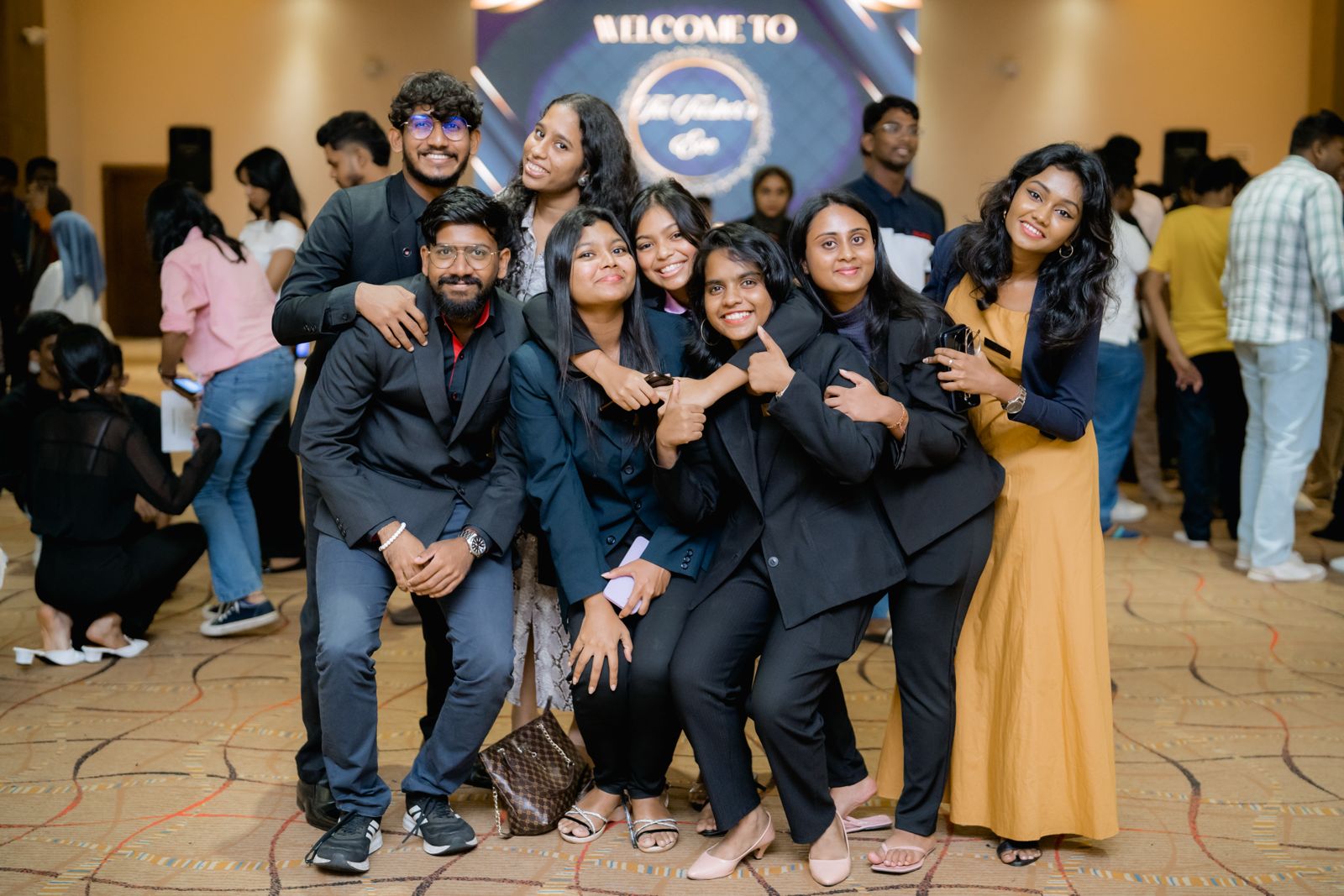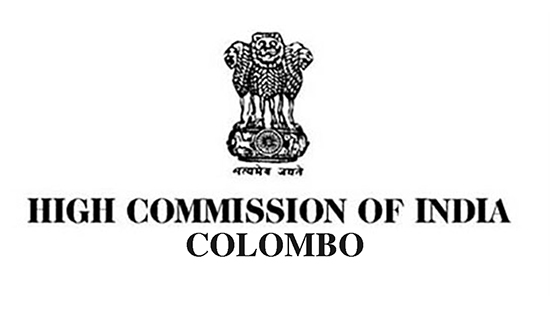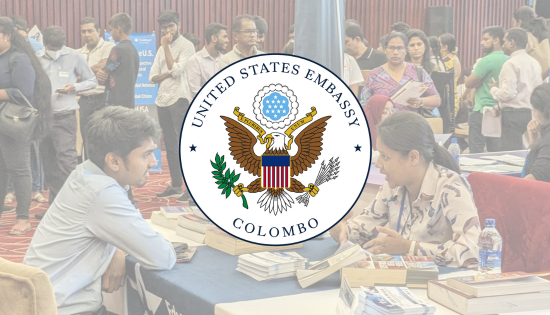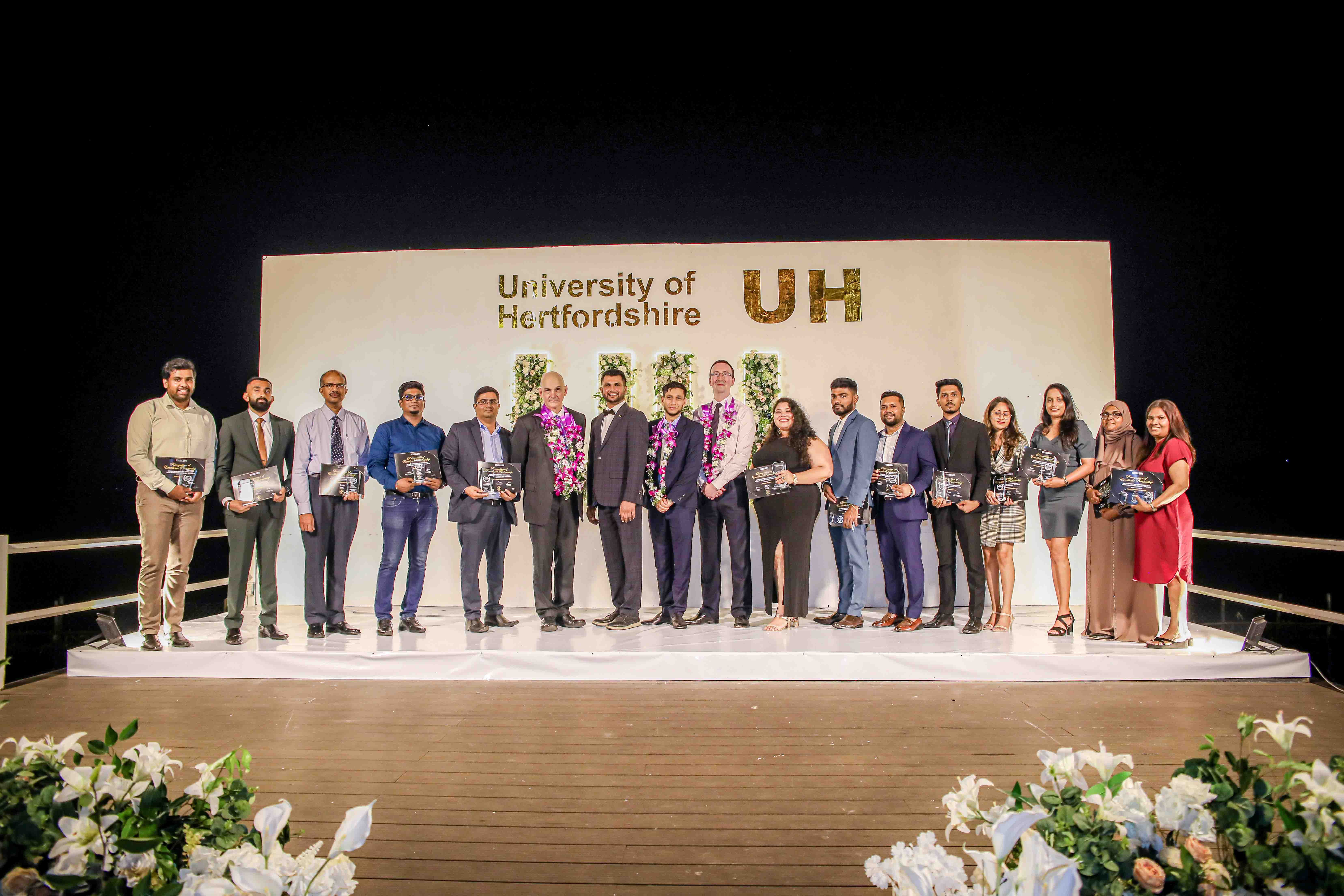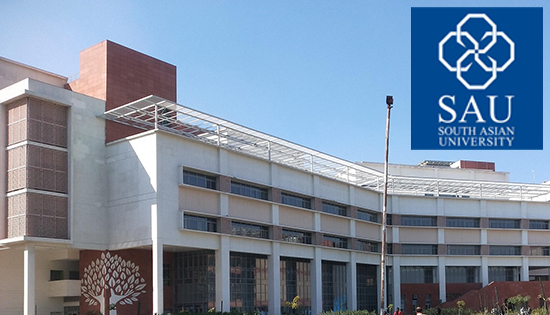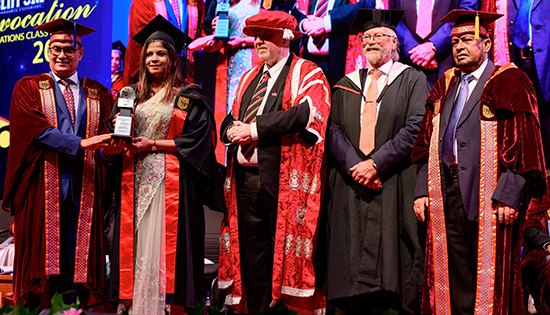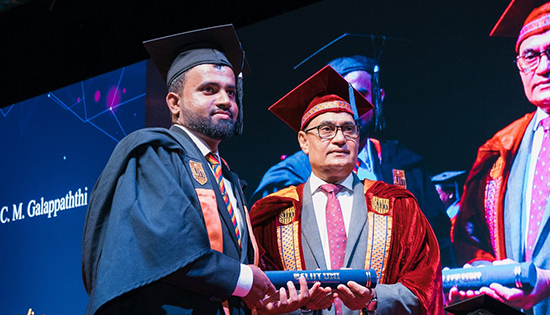Sri Lanka’s Digital Future: The Urgent Need for Skilled Talent to Sustain Growth
Sri Lanka stands at the crossroads of digital transformation. The vision to establish the country as a regional tech hub is ambitious yet achievable. With government initiatives, corporate partnerships, and increasing global attention on Sri Lanka’s potential, we are moving in the right direction. However, there is a critical challenge that cannot be ignored, especially the lack of skilled local talent to sustain this digital shift.
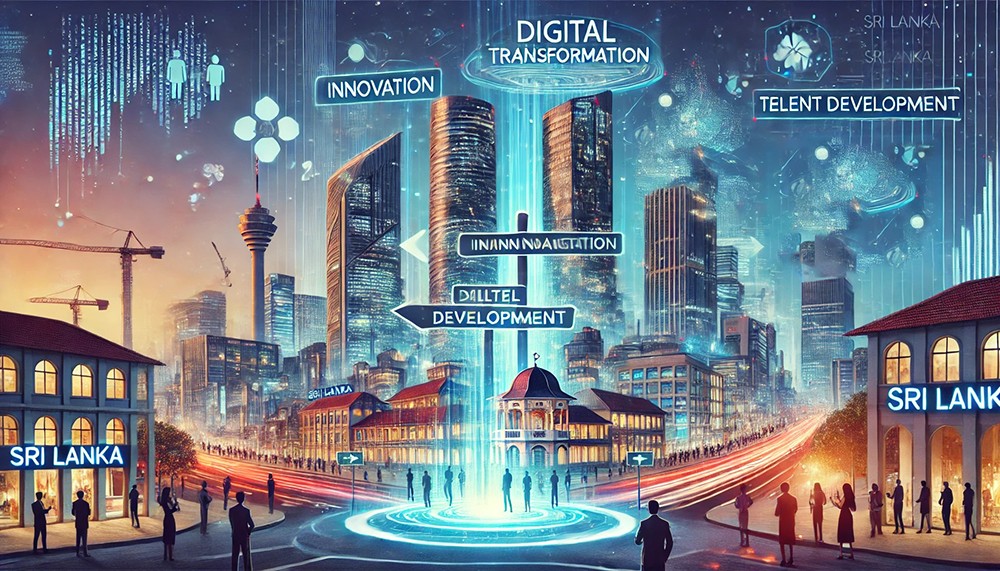
While investing in technology, digital infrastructure, and smart solutions is important, who will run, maintain, and innovate these systems? Without a digitally literate workforce across all levels of society, our advancements will be short-lived. We must build capacity from the grassroots and create a sustainable, future-ready workforce.
Bridging the Digital Divide: A Multi-Level Approach
1. Teachers & Lecturers: The Architects of a Digital Nation
Teachers are the foundation of change. If we do not empower them with AI, data analytics, cybersecurity, and modern digital tools, how can they guide the next generation? We must:
- Provide AI-integrated lesson plans to enhance digital teaching methods.
- Introduce structured tech-training programs for educators to ensure they remain relevant.
- Develop continuous professional development (CPD) pathways to encourage lifelong learning.
2. Students & Youth: The Future Innovators
Sri Lanka’s youth must be equipped not just to consume technology, but to create it. We should:
- Introduce coding, AI, and automation into school curriculums.
- Establish national-level bootcamps and hackathons for hands-on experience.
- Partner with global tech giants to offer mentorship and training.
3. The Existing Workforce: Reskilling for the Digital Economy
Many professionals today find themselves displaced due to rapid automation and AI adoption. To stay competitive, we must:
- Implement corporate upskilling programs in AI, cloud computing, and cybersecurity.
- Provide subsidized digital courses to enable career transitions.
- Encourage remote work opportunities with global companies through structured training.
4. Senior Citizens: Digital Inclusion for All
The digital economy is not just for the young. With increasing online transactions, e-governance, and AI-driven healthcare, senior citizens must also be included in this transformation. Steps include:
- Community-based training centers to teach digital literacy.
- Free workshops on online banking, cybersecurity, and telemedicine.
- A “Digital Grandparents” initiative, where young tech enthusiasts mentor older generations.
Why This Needs to Start Now
Sri Lanka’s digital ambitions are bold and promising, but without a skilled workforce, they will remain unfulfilled dreams. No country can build a digital economy without its people being digitally competent. The time to act is now.
By creating a tech-driven culture that starts from the grassroots and extends to the entire nation, we can ensure that Sri Lanka not only keeps pace with global digital leaders but sets the benchmark for future-ready economies.
Final Thought
It is no longer about whether digital transformation is coming it is already here. The real question is: Will Sri Lanka have the skilled workforce to lead it? The answer depends on what we do today.
The SriLankanization Initiative, in partnership with Hutch and Trainocate, is a step in this direction empowering every Sri Lankan with modern work tools, AI, data, and security skills. The future is digital, and the future starts now.
Stay tuned for updates on this transformative journey at www.srilankanization.com. For more Information and guidance contact Ishraq Abdeen: +94 77 772 1469 / Shehara Perera: +94 76 096 7293
Related News
Master’s Degree any student can do and they are in High Demand
In today's rapidly evolving global job market, Sri Lankan students have a unique opportunity to enhance their career prospects by pursuing master's…
Read MoreSouth Asian University (SAU), New Delhi Expands Academic Offerings and Opens Admissions for 2025-26
South Asian University (SAU), established with the vision of "Knowledge Without Borders," has announced the commencement of admissions for the 2025-26 academic…
Read MoreSLIIT celebrates academic excellence at the March 2025 Convocation
SLIIT, recognized as Sri Lanka’s No. 1 Non-State University, standing 3rd nationwide in Times Higher Education World University Rankings 2025, successfully concluded…
Read MoreTake the Next Step in Your Academic Career with SLIIT’s MPhil & PhD
SLIIT Business School is now accepting applications from students and professionals looking to pursue their research and career ambitions through the prestigious…
Read MoreTAFE vs University, which is the Better Choice for Studying in Australia?
Navigating the educational landscape in Australia presents a pivotal decision for aspiring students, particularly those from Sri Lanka seeking to enhance their…
Read MoreCourses
-

IMC – Bachelor of Psychology
IMC Education Overview IMC Campus in partnership with Lincoln University College (LUC) Malaysia offers Bachelor of Psychology Degree right here in Sri… -

ANC – BA (Hons) International Business Management (Top-Up)
ANC Education Overview Designed in partnership with public and private business organizations, this program develops one’s ability to critically evaluate business models… -

IIT – BSc (Hons) Computer Science
IIT Campus Overview BSc (Hons) Computer Science provides a solid foundation and training regarding the fundamentals of the computer science field, along… -

APIIT – BSc (Hons) Cyber Security
APIIT Sri Lanka Overview Our BSc (Hons) Cyber Security award is designed to launch your future career in the protection of software… -

ICBS – BSC (Hons) Business Management with Marketing Management
ICBS Overview The BSc (Hons) Business Management with Marketing program, awarded by Queen Margaret University (QMU), is a highly regarded degree that… -

UTS – Diploma of Science
UTS College Sri Lanka Overview The Diploma of Science is designed to empower you to apply scientific thinking and analysis to important… -

CSA – Master of Architecture and Environmental Design
City School of Architecture Overview The Master of Architecture and Environmental Design Degree at CSA is awarded by the University of the… -

APIIT – BSc (Hons) International Business Management
APIIT Sri Lanka Overview Increasingly businesses are becoming more and more international. This requires business management professionals to have knowledge, skills and… -

IIT – BSc (Hons) Artificial Intelligence And Data Science
IIT Campus Overview The BSc (Hons) Artificial Intelligence and Data Science course is awarded by Robert Gordon University (RGU) in the UK… -

ICBS – International Degree Foundation in Business / IT
ICBS Overview The Scottish Qualification Authority (SQA) is a globally recognized organization dedicated to education and qualification development. SQA is responsible for… -

APIIT – BA (Hons) Finance and Business Enterprise
APIIT Sri Lanka Overview Finance and accounting are no longer just about taxation and the management of financial capital. This award will… -

APIIT – MBA General
APIIT Sri Lanka Overview The MBA is awarded by Staffordshire University, UK. This award is an advanced course of study in management… -

ANC – LLM in International Business & Commercial Law
ANC Education Overview This course is designed for graduates of law, business and finance in a legal or a corporate job role… -

AOD – BA (Hons) Fashion Design and Marketing
Academy of Design Overview The syllabus is from the UK’s Northumbria University, as one of their most revered flagship programmes and is… -

APIIT – MSc. Marketing Management
APIIT Sri Lanka Overview This MSc Marketing Management degree – awarded by Staffordshire University, UK is an advanced course of study in…
Newswire
-

Japan warns ‘big one’ earthquake could kill 300,000 people
ON: March 31, 2025 -

Petrol prices reduced
ON: March 31, 2025 -
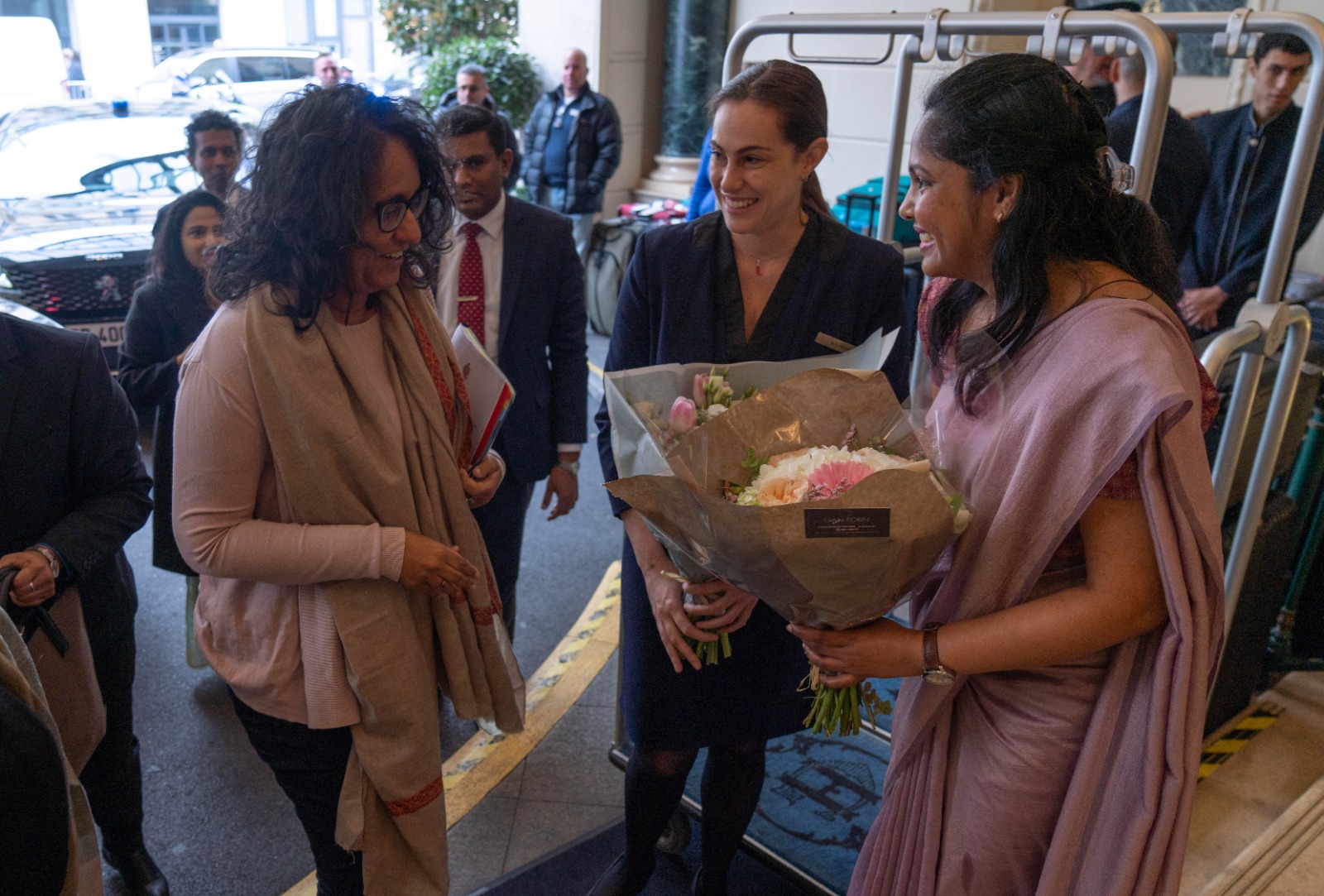
Prime Minister Harini arrives in France : Details of visit
ON: March 31, 2025 -

Laugfs Gas prices increased from April
ON: March 31, 2025 -

A battle for survival: Sri Lanka’s escalating Human Elephant Conflict
ON: March 31, 2025

